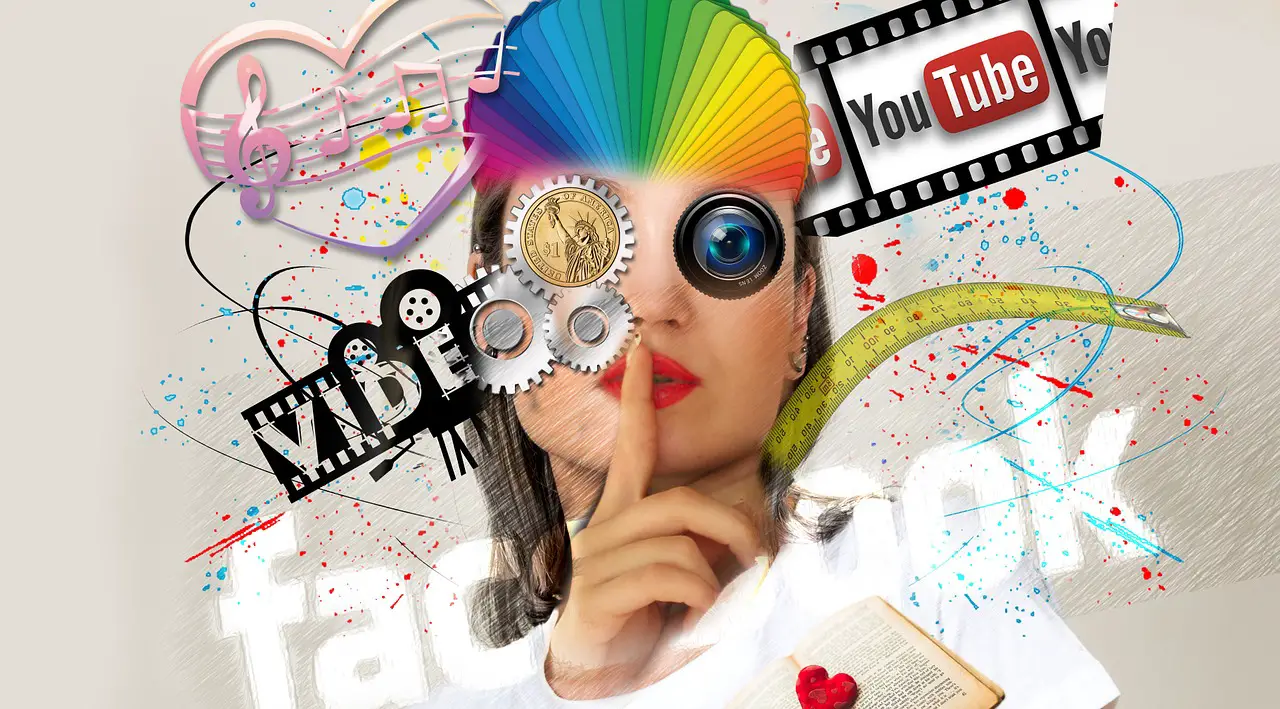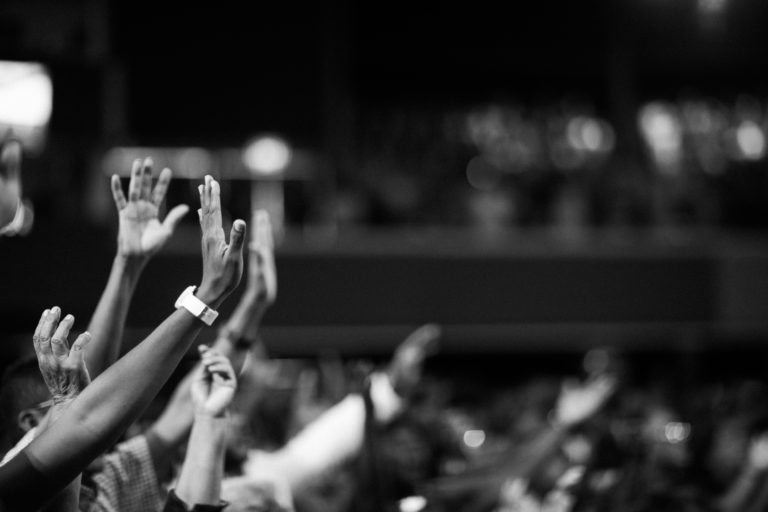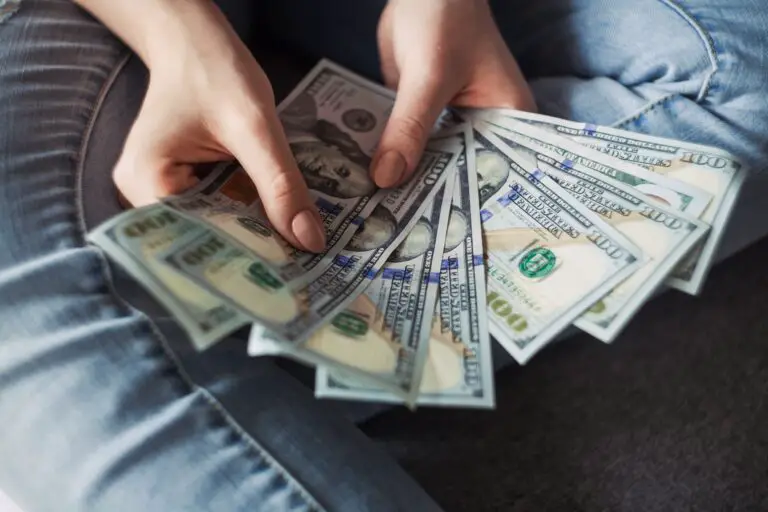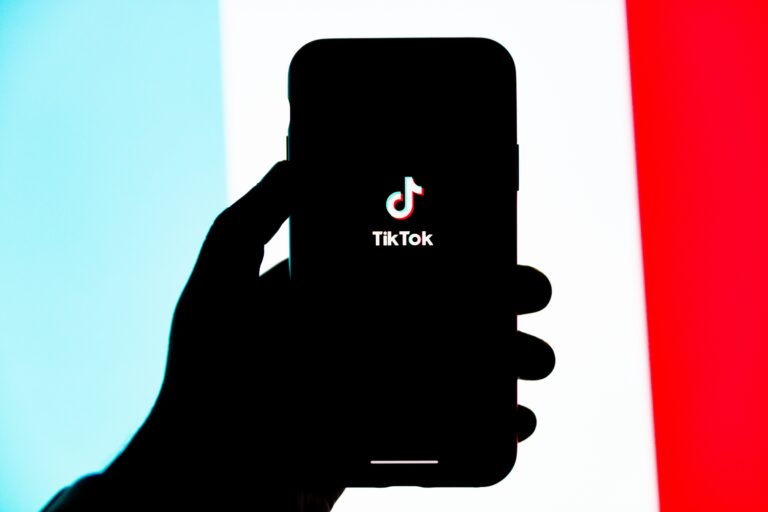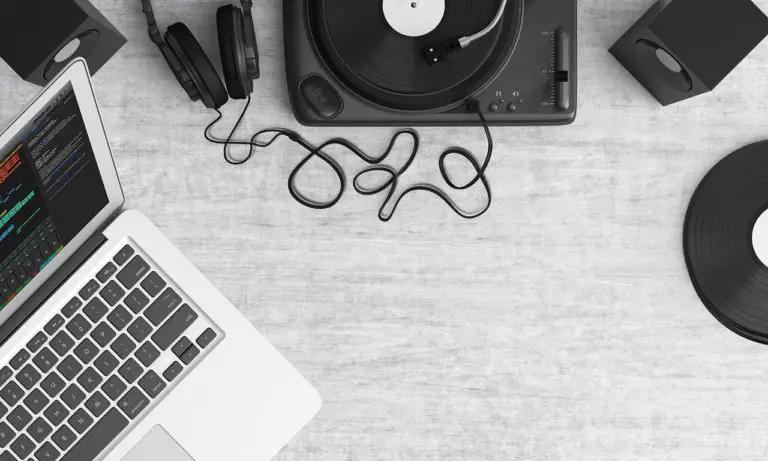What You Need To Know Before Putting Your Original Music On YouTube
Writing music can be very time-consuming and (sometimes) costs you money. The last thing you want to do is feel that you have to worry when you put your original music out there for the world to see. YouTube is one location where you can put your music out there.
Unfortunately, some people put music on YouTube every day without knowing the consequences. Without the backing of a label or someone with legal knowledge in the music world, you could have a more challenging time once your music takes off. This article will find out everything you need to know before publishing your songs on YouTube.
Can Someone Steal Your Original Music On YouTube?
One of the biggest concerns for someone putting their music online anywhere is the safety of its authorship. It is easy for someone to copy your music. They can easily download it or even play the song then upload it elsewhere.
If you don’t register or watermark your work, it is easy for someone else to say it’s their original work. Taking one or both of these two steps will help you back your case if you find someone is stealing your work.
You own the music once it is registered. A watermark will help stop someone from downloading the video to upload as their own. Protecting the video is a start, but this doesn’t preserve the audio.
How To Protect Your Original Music When Uploading It
Protecting your music can be simple or a pain, depending on which site or software you use. One crucial thing to remember is that you don’t want to place everything you make on YouTube.
If you plan on making an album, don’t put every song for the world to see and hear for free. Put a teaser which could mean part of a song, 30 seconds or so. It could also mean one to three pieces out of the many you would like to put up there.
Because anyone can use the search bar on YouTube, releasing some tracks will create desire.
The Importance of Watermarking Your Music
Watermarking is the process of putting a sound, noise, or spoken word into your music throughout the track. This process stops the tracks from being stolen or illegally downloaded. They will not be worth anything to whoever wants to sell your music or put it out there as their own.
Doing this on your own can become a little frustrating. You want someone to be able to listen to your work without the annoying watermark interfering, but without it, you open yourself up to your music being stolen.
Pro Tip: It is worth mentioning this is a great time when a record label/company could help you show off your work and protect it.
How To Watermark Music
There are a few simple steps you can watermark your music. You can use a watermark generator or software that does all of the work for you. AG Watermark Generator is excellent software.
If you don’t want to pay for the software, you can always do it yourself.
- First, you need to make an audio file of your preferred watermark. It should be a small noise such as a beep or a word you say. You can also find spoken words online that are free to download.
- Next, you open your digital audio workstation and put the audio file on your recording at an interval of every ten to fifteen seconds. Apply this file until you get to around one minute to one and a half minutes in your track.
- Save the file and then add the file to your music anytime you want to publish your music online.
Why Should You Register Your Music?
Registering your music protects it from being illegally used as someone else’s music. When you create a song, you are the owner; when you register, you say it is your song and yours alone.
What you don’t want to happen is:
- You upload your song to YouTube
- It gets shared and becomes a little popular
- Someone likes the music and decides to sing it themselves
- Their video goes viral, and they get the credit, views, and their name tied to the song
- You then need to prove the song is yours, which can sometimes become a “he said she said” situation, usually resulting in a loss.
In this scenario, you lose money from ad sponsors, which Youtubers get when they make viral videos. You also don’t get the recognition you deserve.
If the song is registered, you will prove it is your song. Even if someone were to try and register a piece, copying yours, registration records would show you filed the paperwork first. Therefore, documenting your music is incredibly important.
If you register with the ASCAP, you will receive payment when the song is played or used in many different networks and situations.
How To Register Your Music
In the United States, you must register your music using online software. The online services will walk you through every step of the process. Be prepared to pay a fee; some sites require approximately $50 to register or copyright a song. A few of these sites include:
Promoting Your Work For Free – The Good & Bad
One great thing about YouTube is you can upload a song for free and potentially have it shared across the world for free. If your music is copyrighted, you are protected but can still run the risk of downloading it. This has even happened to famous musicians.
The big difference is they have a team and a record label behind them, while it is likely you are on your own and trying to keep track of where your music is being seen and heard, which is yet another risk to placing your piece on YouTube. At the time, it may seem like a great idea to have your music spread around for free.
While your music is receiving free publicity, it is also being heard and seen for free. Every person that loved your song could have been a potential customer. That’s why as mentioned above, it’s a good idea not to put all your music on at one time. Leave them wanting a little more.
Record Label Compared To YouTube
Now you know the basic information before putting your music on YouTube. There is a point in every new musician’s career that they may find themselves asking if they need help. Up-and-coming bands can benefit significantly by using a record label, and here’s why.
They Can Provide Assistance and Guidance
It can seem overwhelming to think about releasing your music, arranging small tours, or even dealing with the media. Having a label’s assistance behind you means you don’t need to worry as much about these details, and you can focus on writing and performing your music. This is what a public relations consulting, or management firm can help do for you.
Marketing to the Public
A record label or manager will also help you market your brand and get your music out there for you. Compared to simply placing your music on YouTube, having someone handle all the marketing aspects will help your career grow.
Not only can they help your music gain a bigger audience, but they can also help with press releases. You won’t need to worry about initially approaching the media anymore. They can contact the right people for you.
Selling Merchandise
If you are having trouble selling your band’s merchandise, a label or manager will be the best thing for you. Selling product is all about finding the right group to sell your music.
A record label will know just where and who will buy your band’s merch and guide you through it.
Putting Music on YouTube FAQs
Can I Protect Cover Songs?
While you don’t own a cover song, you own the rights to a recording and use that cover song. This means you can feasibly watermark and protect that iteration.
To ensure you have the right to protect your cover songs, you will need a mechanical license. Understanding different types of music licenses can be helpful in this case.
How Do I Take Down Music I Don’t Want to be Uploaded?
When seeing music on non-official artist channels, taking it down from YouTube will require you to register your music with YouTube. YouTube enables creators to create content ID profiles for protection, but you need to handle watermarks and copyright elsewhere (see above).
Even those who have an official channel can get dinged by YouTube. In one famous case, PewDiePie created “Bitch Lasagna,” which he allowed anyone to use (within reason), but an unaffiliated third party was still claiming it.
Putting Your Music On YouTube
You could easily upload a few songs on YouTube when you are starting. In a perfect world, you’ll go viral and make a little money on sponsor ads.
When you are ready to grow, getting signed with a record label or having any management is the way to go. There is nothing wrong with YouTube; it is straightforward to outgrow it as a viable medium when you are an up-and-coming band, especially when you want to retain the rights to your original music.

